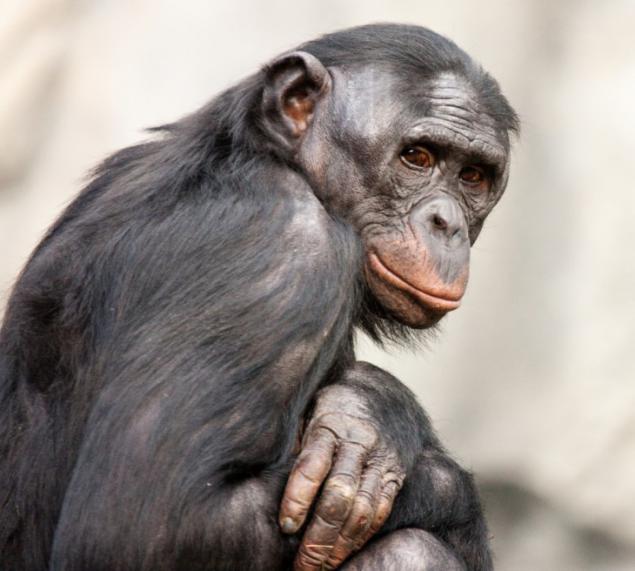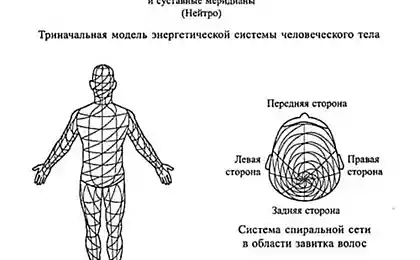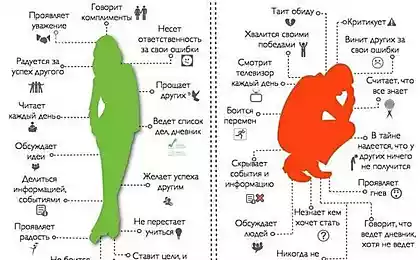666
Seven facts about us, over which we have not thought
The website offers you a selection of every item which can be attributed to anyone on the planet.
Our stomach is smarter than we think h2> Our gastrointestinal tract has more neurons than many animals have in their brain! Their number and significance suggests that in the stomach we have a second brain.
We are covered with hair just like chimpanzees h2> In the human body the scalp has the same structure as in most other primates. We are different from chimpanzees only the thickness and length of hair, but not their number and location.
Our body is strip h2> Just like the coat have, for example, cats, our skin has a very clear lines and spots, but we do not see them. They are called Lines Blashko. It is believed that their presence is associated with the migration of skin cells in the embryo they are templates, which can be seen as developing skin. The lines do not match the pattern of muscle and lymphatic system, their shape is genetically determined.
We partially blind h2> Unfortunately, the structure of the human eye has one fault: the blind spot. In each of your eyes is a place devoid of the ability to perceive light, is large enough to cause problems in people who have lost one eye. A full set of eyes blind spots go unnoticed.
We can consider excluding h2> We have an intuitive understanding of the amount, if the objects are not more than 4. Optionally, to be able to believe in order to understand "two" or "three" of the object you see before you. Even representatives of tribal feasts, in a language which, as we know, there is no concept account also intuitively understand the amount.
Our DNA has in its composition viruses h2> One of the biggest surprises us prepodnesёnnyh disclosure of the human genome, was the fact that our DNA is part of the virus. Viruses can not reproduce on their own - so some of them have found a clever way to "build" their DNA into the host cell to be copied later.
Our body is much younger than we are h2> You change all the time. You breathe in, breathe, eat, get rid of secretions, and so on. N. The state of your body never repeats itself in the previous moment.


























